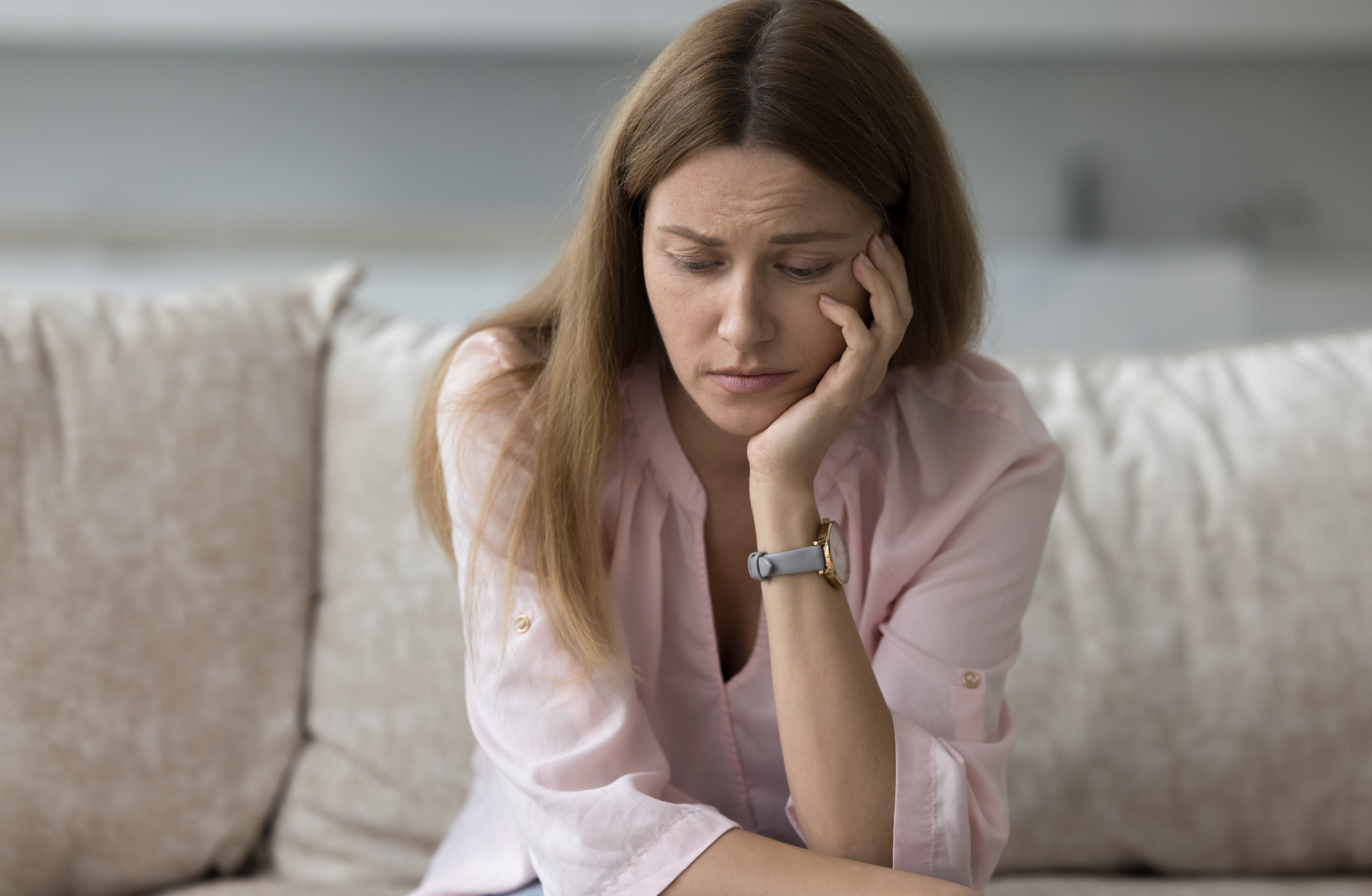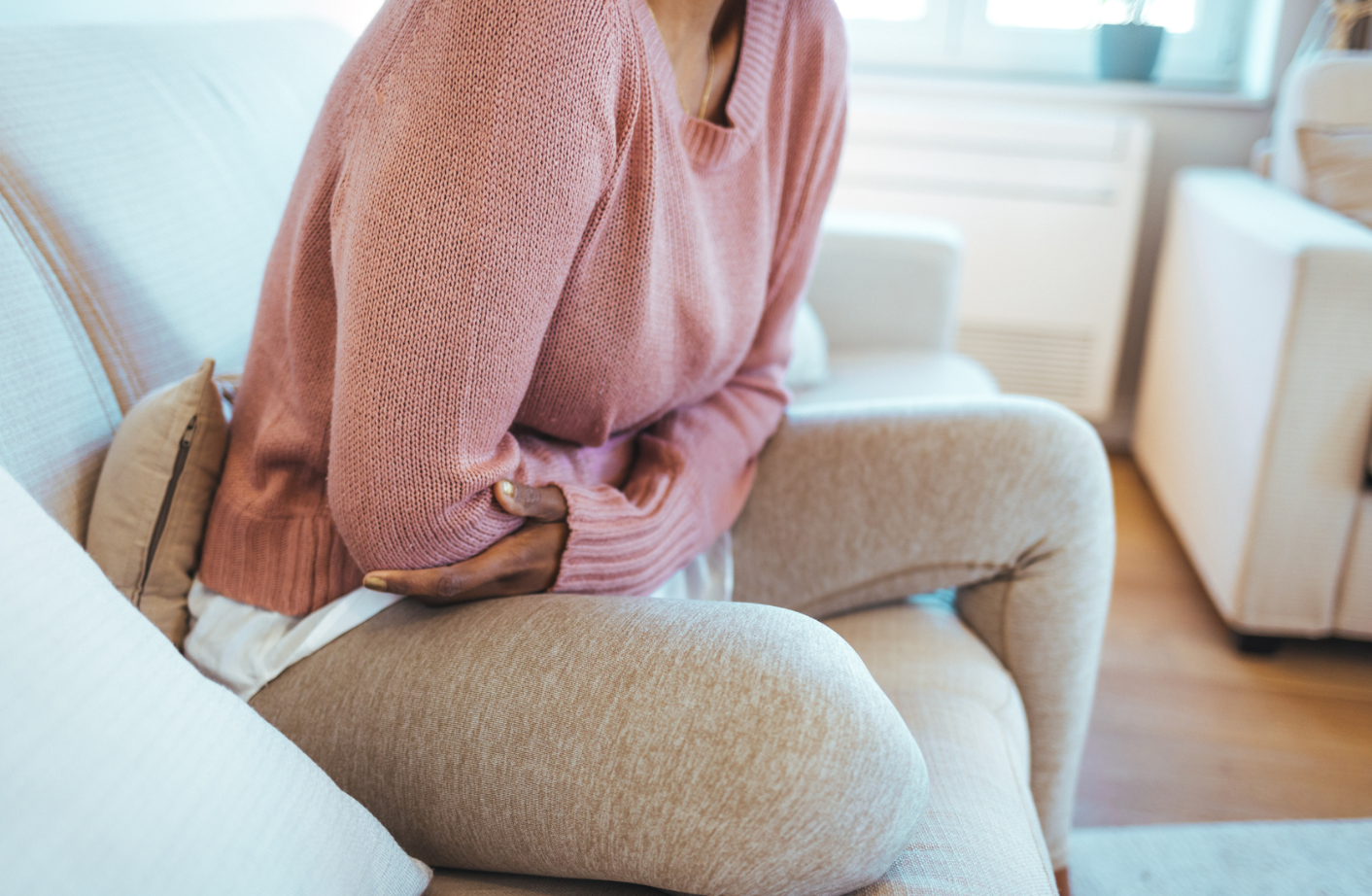
The vaginal walls are normally lined with a clear fluid that keeps the vaginal environment hydrated and lubricated. In most cases, the vagina is capable of replenishing any lost hydration on its own, but when it struggles to keep up with self-lubrication, it can lead to vaginal dryness. Vaginal dryness can be caused by many different factors, and if not addressed, can lead to further irritation.
Hormonal Changes
Certain hormonal events in your life can cause a rapid increase or decrease in the production of hormones like estrogen, progesterone, and testosterone. When your normal hormonal homeostasis is disrupted, certain physical symptoms can occur. During menopause, for example, estrogen levels decrease causing the thinning and drying of the vaginal walls. Pregnancy can cause estrogen and progesterone levels to increase sharply. This sudden imbalance of hormones can cause vaginal dryness. After childbirth, the sudden drop of estrogen while breastfeeding can also lead to vaginal dryness.
Medications and Medical Conditions
You don’t have to be pregnant or be going through menopause to experience vaginal dryness. In fact, it can occur in any woman as a result of certain medications you may be taking or certain medical conditions you may have. Medications like antihistamines, decongestants, antidepressants, and certain types of birth control can all cause dryness. Medical conditions like bacterial vaginosis, diabetes, certain cancer treatments, or if you have had your ovaries removed can also contribute to vaginal dryness.
Emotional and Psychological Factors
Sometimes the case for vaginal dryness does not have a physical catalyst like medication or pregnancy. In some instances, emotions may be the reason we are experiencing physical symptoms. Our mind is more powerful than you might think, with psychological and emotional factors like depression and anxiety standing in the way of arousal and desire. To experience a sufficiently lubricated vagina, you must be aroused both physically and mentally. Periods of stress or anxiety can significantly lower your libido. Relationship problems can also lead to lower arousal and vaginal dryness. If you are not comfortable being intimate with your partner, whether it is a physical or mental uneasiness, your vagina may not respond to sexual initiations with lubrication. Communication is key to addressing these issues.
Treatments
Hormone Therapy
Certain hormonal treatments like bioidentical hormone replacement therapy in the form of a cream, ring, tablet, or oral medication can help to replace the estrogen in your body. Creams and tablets are placed directly into the vagina and are usually prescribed to be used daily or until your symptoms stop. An estrogen ring is placed in the vagina for up to three months at a time.
Non-Hormonal Medical Treatments
There are certain non-hormonal prescription medications, like ospemifene, that are designed to act like the estrogen in your body. These medications are called selective estrogen modulators (SERM) and can help treat symptoms like painful sex that is commonly attributed to vaginal atrophy. An alternative to topical or hormonal treatments is laser therapy. MonaLisa Touch® is offered at Tideline Center for Health and Aesthetics and helps to restore the health of the vaginal lining. Platelet-rich plasma (PRP) treatments, like the O-Shot®, are a great addition to laser treatment as they further enhance tissue growth and restore moisture.
Schedule a Consultation
If you are suffering from vaginal dryness, you do not have to go through it alone. Tideline Center for Health and Aesthetics seeks to empower women to take control of their sexual health and feminine well-being, and we will be here for you every step of the way. Our office is conveniently located on Long Island, NY. Contact us today to schedule a consultation!
Our blog
Back to all blogs
Contact us today
Please fill out the form below, and someone will respond shortly. You can also call 516-833-1301 with any questions you may have.








